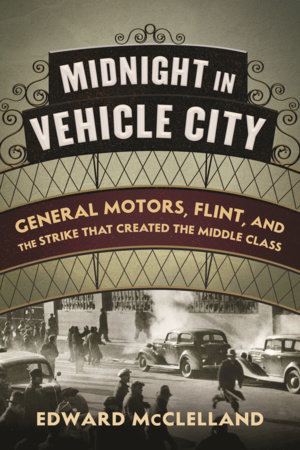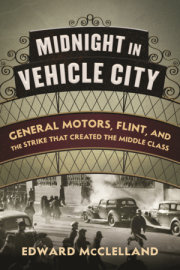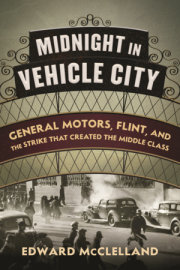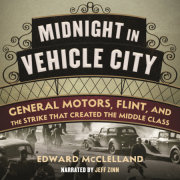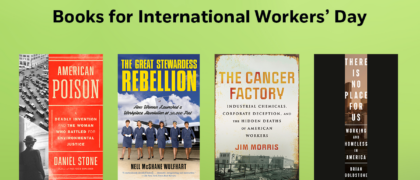Books for International Workers’ Day
On May 1st we celebrate International Workers’ Day to acknowledge the battles workers have taken and gains that have come from their solidarity and persistence. We have curated a book list of Labor Studies titles that you can share with your students. Find more titles on U.S. Labor History here.

